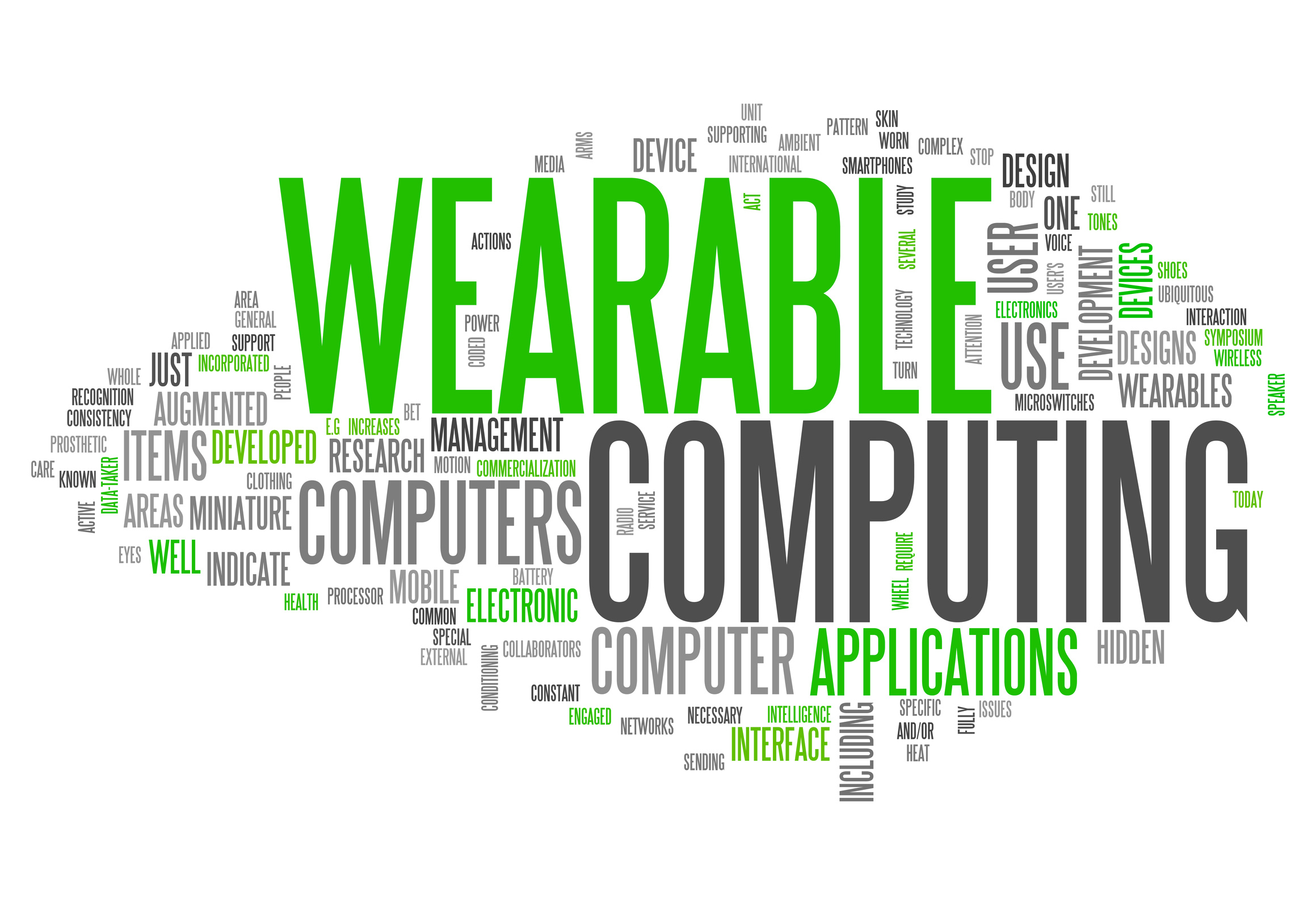Wearable technology could boost workplace productivity
Study reveals that devices would have a positive effect on staff and organisations.


Wearable technology, such as smart watches and fitness monitors, could significantly increase the productivity of workers, according to a recently published study.
Researchers from Goldsmiths, University of London, looked into how wearable devices affected employee wellbeing, productivity and job satisfaction over a one-month period.
The results were published in the Human Cloud at Work (HCAW) report. It showed during that period employee productivity was boosted by 8.5 per cent, while job satisfaction improved by 3.5 per cent.
Workers were given Neurosky MindWave brain activity sensors, GENEActiv motion monitors and the Lumo Back posture coach to wear.
Employees were generally positive about wearables. Only five per cent of particpants were resistant to wearing them. However, one major concern was the impact of security. Fifty-nine per cent were worried about this.
According to a Vanson Bourne survey of 300 IT decision makers in the UK, 29 per cent of UK businesses have some form of wearable technology project in practice. The main reasons for such projects are employee well-being (16 per cent), instant access to important information (15 per cent), and improved customer service (14 per cent).
The greatest perceived barrier to entry for wearable technology at work was having an IT infrastructure that could take advantage of the data being collected and analysed (20 per cent).
Get the ITPro daily newsletter
Sign up today and you will receive a free copy of our Future Focus 2025 report - the leading guidance on AI, cybersecurity and other IT challenges as per 700+ senior executives
"Wearable technologies are arguably the biggest trend since tablet computing, so it's natural that employees and businesses will look to use these devices in the workplace," said lead researcher Dr Chris Brauer.
"These results show the potential power and application of wearable devices in the workplace from employee biometric CVs to organisational real-time executive dashboards for resource allocation."
The research was conducted in partnership with cloud vendor Rackspace.
Nigel Beighton, the firm's UK chief technology officer, said: "Many wearable technologies are focused on improving some aspect of an individual's life whether it is for health and fitness, focus and concentration, productivity or job satisfaction.
"By focusing on the data as well as the devices, wearable technologies can provide meaningful insights that can be used to improve performance and satisfaction. Essentially wearable tech and big data go hand-in-hand."
Rene Millman is a freelance writer and broadcaster who covers cybersecurity, AI, IoT, and the cloud. He also works as a contributing analyst at GigaOm and has previously worked as an analyst for Gartner covering the infrastructure market. He has made numerous television appearances to give his views and expertise on technology trends and companies that affect and shape our lives. You can follow Rene Millman on Twitter.
-
 The Race Is On for Higher Ed to Adapt: Equity in Hyflex Learning
The Race Is On for Higher Ed to Adapt: Equity in Hyflex LearningBy ITPro
-
 Google faces 'first of its kind' class action for search ads overcharging in UK
Google faces 'first of its kind' class action for search ads overcharging in UKNews Google faces a "first of its kind" £5 billion lawsuit in the UK over accusations it has a monopoly in digital advertising that allows it to overcharge customers.
By Nicole Kobie
-
 The race is on for higher ed to adapt: Equity in hyflex learning
The race is on for higher ed to adapt: Equity in hyflex learningWHITEPAPER Fulfil student and faculty needs
By ITPro
-
 Practical ergonomics guide for education
Practical ergonomics guide for educationWHITEPAPER Save energy, focus, and promote overall well-being
By ITPro
-
 How to manage – and mitigate – performative working
How to manage – and mitigate – performative workingFeature An increasing number of people are putting on a show of working, rather than actually getting on with it
By Peter Ray Allison
-
 The ultimate guide to 3D
The ultimate guide to 3DWhitepaper Creative boost breaks
By ITPro
-
 Developing an end-to-end process for virtual photography
Developing an end-to-end process for virtual photographyWhitepaper Sharing the best practice of creating production-quality photographs with software
By ITPro
-
 Breaking down the barriers to 3D design
Breaking down the barriers to 3D designWhitepaper Designing for the future
By ITPro
-
 IDC: The business value of IBM Maximo
IDC: The business value of IBM MaximoWhitepaper Integral to the transformation of asset management
By ITPro
-
 UK's four-day week trial ends, leads to reduced burnout and sick days
UK's four-day week trial ends, leads to reduced burnout and sick daysNews Organisations reported overwhelmingly-positive results from the world's largest trial of this kind
By Rory Bathgate